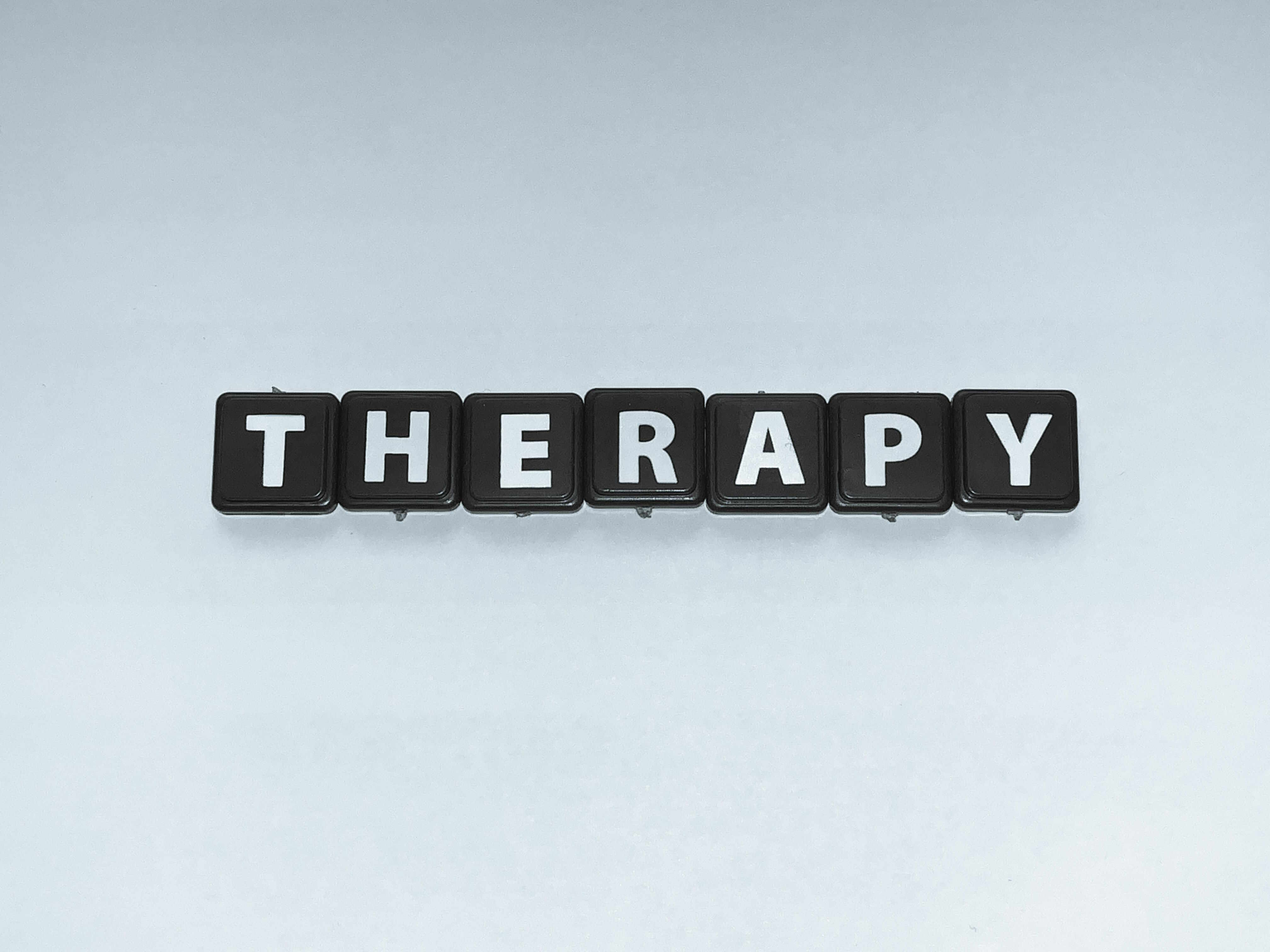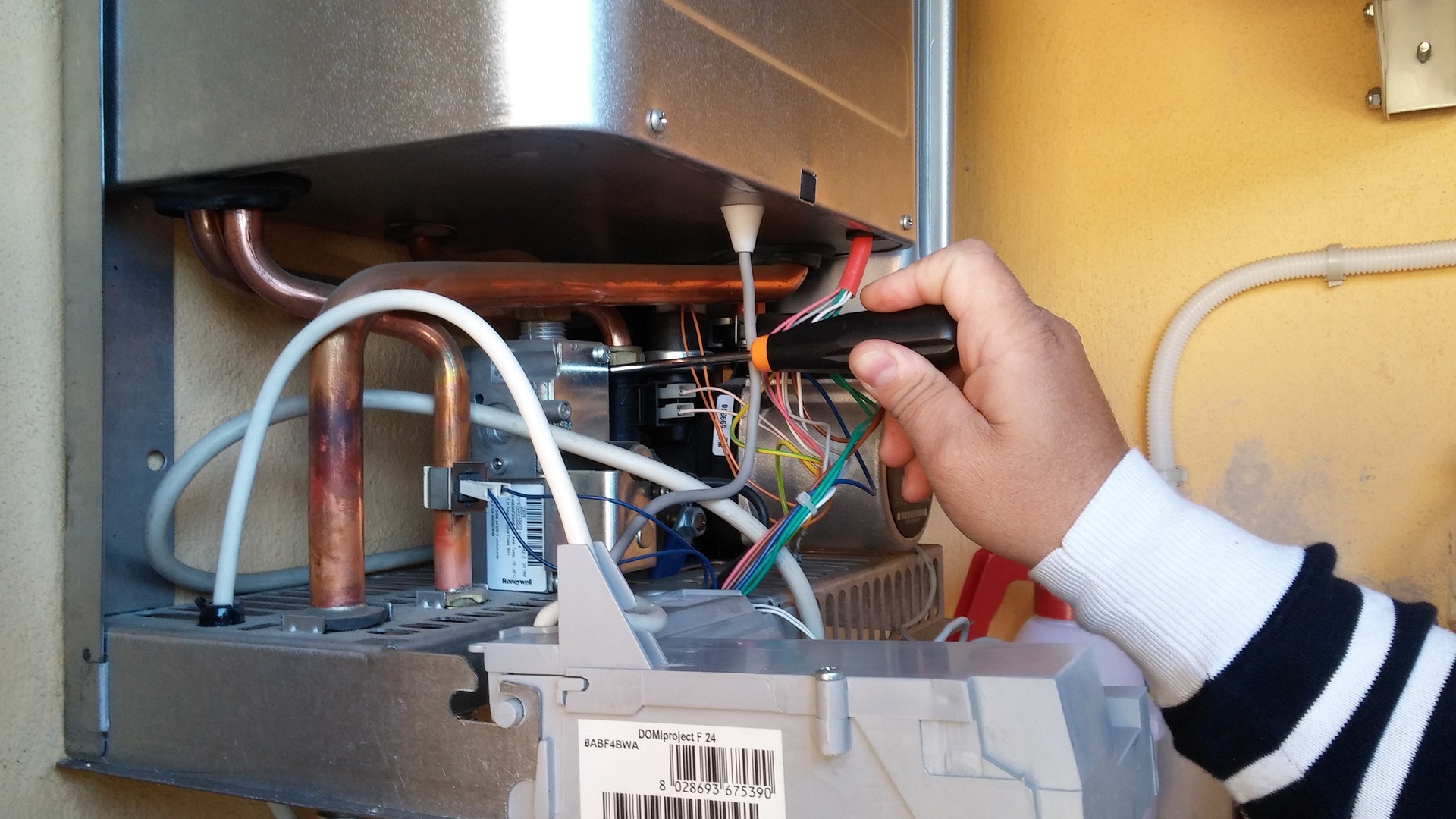Understanding PTSD Treatment Options for Veterans
PTSD treatments for veterans include therapy, counseling, and support programs aimed at managing symptoms. Learning about available approaches and discussing options with healthcare professionals can help veterans understand different ways to support mental health in daily life.

Post-traumatic stress disorder (PTSD) affects many veterans who have experienced combat or other traumatic situations during their military service. The psychological impact of these experiences can be profound and long-lasting, often interfering with daily life and relationships. Fortunately, specialized PTSD treatment centers for veterans exist across the country, offering evidence-based therapies and support systems designed specifically for those who have served. These facilities understand the unique challenges veterans face and provide comprehensive care focused on recovery and healing.
What Do PTSD Recovery Programs for Veterans Include?
PTSD recovery programs for veterans typically offer a multifaceted approach to treatment. These programs generally include a combination of individual therapy, group sessions, and medication management when appropriate. Cognitive Processing Therapy (CPT) and Prolonged Exposure (PE) therapy are two evidence-based treatments commonly utilized that have shown significant effectiveness for veterans with PTSD. Many programs also incorporate complementary approaches such as mindfulness training, stress reduction techniques, and physical activity.
Comprehensive recovery programs often follow a structured timeline, beginning with assessment and diagnosis, followed by intensive treatment, and concluding with ongoing support and maintenance therapy. The most effective programs recognize that recovery is not linear and provide flexibility to accommodate setbacks and challenges that may arise during the healing process. Many also offer family involvement components, acknowledging that PTSD affects not only the veteran but also their loved ones.
How Do Specialized PTSD Treatment Centers for Veterans Differ?
PTSD treatment centers specifically designed for veterans differ from general mental health facilities in several important ways. These specialized centers employ clinicians with extensive training and experience in military culture and combat-related trauma. Staff members understand military terminology, rank structure, and the unique aspects of deployment and combat experiences that civilian providers may not fully comprehend.
Many veteran-focused treatment centers offer residential programs where veterans can immerse themselves in treatment while being surrounded by peers who have similar experiences. This peer support component creates a sense of camaraderie and understanding that can be crucial to the healing process. Some centers also provide specialized programs for specific types of trauma, such as military sexual trauma or combat-related injuries, recognizing that different traumatic experiences may require tailored approaches to treatment.
What Types of PTSD Counseling Services Are Available to Veterans?
Veterans seeking help for PTSD have access to various counseling services through different channels. The Department of Veterans Affairs (VA) offers extensive PTSD treatment services through its medical centers and community-based outpatient clinics. These services include evidence-based psychotherapies, medication management, and specialized PTSD programs. The VA’s Vet Centers also provide readjustment counseling services specifically for combat veterans.
Beyond the VA system, many private and nonprofit organizations offer PTSD counseling services for veterans. These may include individual therapy with trauma-focused therapists, group therapy sessions with fellow veterans, and telehealth options for those unable to access in-person care due to location or other barriers. Some organizations also provide peer support programs where veterans who have successfully managed their PTSD symptoms help others who are earlier in their recovery journey.
How Can Veterans Access PTSD Treatment Programs?
Accessing PTSD treatment programs begins with seeking an evaluation, which can be obtained through the VA healthcare system, military treatment facilities, or private mental health providers. Veterans enrolled in VA healthcare can request mental health services directly or through their primary care provider. Those not enrolled can apply for VA benefits, and combat veterans are often eligible for enhanced enrollment opportunities.
For veterans preferring treatment outside the VA system, many private facilities accept TRICARE insurance or offer specialized programs for veterans. Additionally, numerous nonprofit organizations provide financial assistance or free services for veterans needing PTSD treatment. The Veterans Crisis Line (1-800-273-8255, Press 1) serves as an immediate resource for veterans in crisis and can connect them with appropriate care options.
What Evidence-Based Therapies Are Most Effective for Veterans with PTSD?
Research has identified several therapies that demonstrate particular effectiveness for veterans with PTSD. Cognitive Processing Therapy (CPT) helps veterans process traumatic events by identifying and challenging unhelpful thoughts related to the trauma. Prolonged Exposure (PE) therapy gradually helps veterans confront trauma-related memories, feelings, and situations they have been avoiding, reducing PTSD symptoms over time.
Eye Movement Desensitization and Reprocessing (EMDR) is another evidence-based approach that helps veterans process traumatic memories through guided eye movements while recalling the trauma. Additionally, Cognitive Behavioral Therapy for Insomnia (CBT-I) addresses sleep disturbances common in PTSD, while medication therapies, particularly selective serotonin reuptake inhibitors (SSRIs), may help manage symptoms when used as part of a comprehensive treatment plan.
Comparing Major PTSD Treatment Programs for Veterans
When considering treatment options, veterans may find it helpful to compare different programs based on their specific needs and circumstances. Several established programs offer specialized care for veterans with PTSD.
| Program Type | Provider Example | Key Features | Treatment Duration |
|---|---|---|---|
| VA PTSD Residential Programs | VA Medical Centers | Intensive immersion therapy, peer support | 30-90 days |
| Outpatient VA PTSD Programs | VA Community Clinics | Evidence-based therapies, flexible scheduling | Ongoing as needed |
| Private Residential Treatment | The Refuge | Trauma-focused therapy, holistic approaches | 28-90 days |
| Nonprofit Programs | Wounded Warrior Project | Peer support, no-cost services, community reintegration | Varies by program |
| Telehealth PTSD Services | VA Telehealth, Cohen Veterans Network | Remote access, reduced travel barriers | Flexible scheduling |
Prices, rates, or cost estimates mentioned in this article are based on the latest available information but may change over time. Independent research is advised before making financial decisions.
PTSD recovery is a deeply personal journey, and the most effective treatment approach varies from person to person. Many veterans benefit from a combination of therapies and support systems rather than a single treatment modality. The goal of all these programs is to help veterans process traumatic experiences, develop effective coping strategies, and improve quality of life. With appropriate treatment and support, many veterans experience significant reduction in PTSD symptoms and improved functioning in daily life.
Recovery from PTSD is possible, and seeking help is a sign of strength, not weakness. The specialized programs and services available today reflect growing understanding of trauma’s impact and increasing commitment to supporting those who have served our nation.
This article is for informational purposes only and should not be considered medical advice. Please consult a qualified healthcare professional for personalized guidance and treatment.




